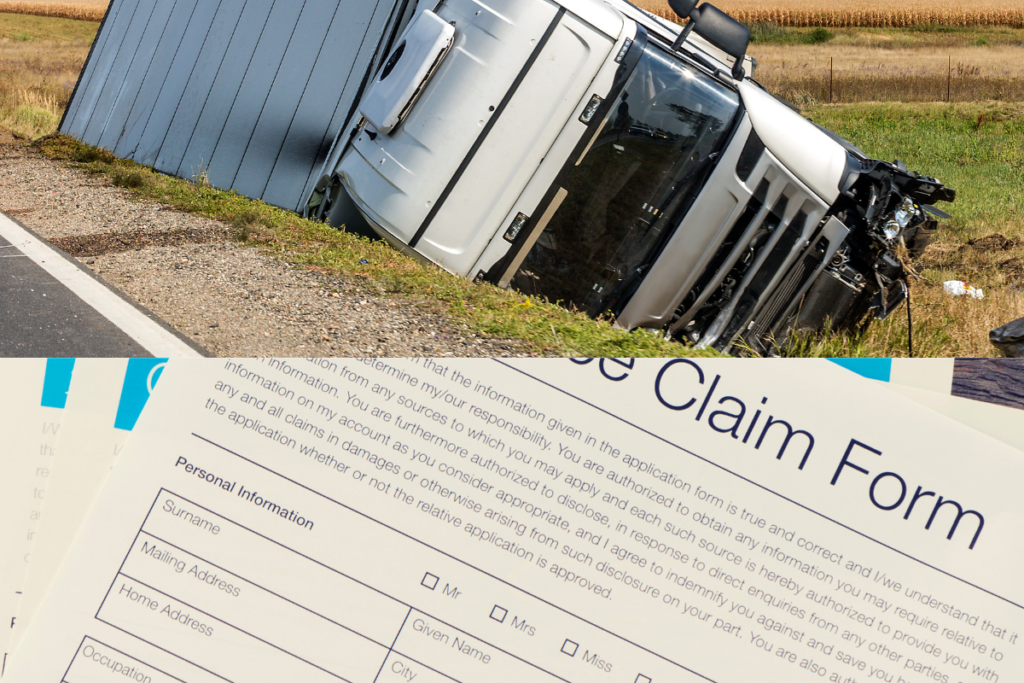When you are involved in a truck accident, the aftermath can be disorienting, but what you do in those critical days and hours counts a lot towards recovering compensation. Strong evidence serves as the basis of a good claim and enables you to establish the liability of parties, assess your damages, and know what occurred in the accident. Here’s how to collect the right evidence to support your case.
1. Take Photos and Videos at the Scene
Capture many pictures, such as close-ups of vehicles, license plates, and physical damage, along with your surroundings. Determine the condition of the road, the presence of traffic signs, marks on the road left by vehicles skidding, and the weather that prevailed during the incident. If it is safe, record the whole scene in a video. If the images are documented, you are guaranteed to remember crucial clues that will disappear soon.
2. Get Help from a Local Attorney
The intersection of US-378 and I-95, located in Sumter, South Carolina, creates high commercial traffic and many serious accidents. The presence of out-of-state trucking firms and multiple insurance entities tends to complicate the claims process in these incidents. A truck accident attorney in Sumter understands how to handle these situations locally. They quickly gather the fundamental evidence, i.e., dashboard video, drivers’ logs, and inspection notes, to prevent loss and concealment.
3. Request the Official Police Report
In the police report, you will find the officer’s observation, his/her judgment of who is at fault, and any citations regarding violations. This report is usually the first step of insurers’ review of your claim. The National Highway Traffic Safety Administration (NHTSA) provides information about police reports and how they matter.
4. Keep track of Medical Records
It’s a good idea to get a medical checkup as soon as you can, regardless of how hurt you think you are. Some injuries, such as concussions or internal damage, may have delayed symptoms. Hold onto all records: emergency room visits, results of X-rays, medications given, and subsequent appointments. If your work is affected, note absences and changes to duties within your job. Every year, almost 2.6 million Americans receive emergency room care for injuries suffered in vehicle crashes, and many are left with lifelong health issues, according to the CDC, illustrating that medical records play a vital role.
5. Get Statements from Witnesses
If you find someone who witnessed the accident, then approach them courteously, gather their contact information, and get a description of what they saw. Eyewitnesses provide good, impartial details that can either serve your story or disclose key moments missing in videos or reports. This testimony can support your case if insurance adjusters or courts need to evaluate conflicting accounts.
Conclusion
After a truck crash, the truth talks louder than rumors, and your evidence will be necessary to shape a fair outcome. When you have substantial documentation, reliable eyewitness statements, medical records, and appropriate legal support, you are not retelling an experience; instead, you’re validating it. That’s why every piece of evidence you gather becomes a voice for your side of the story.




